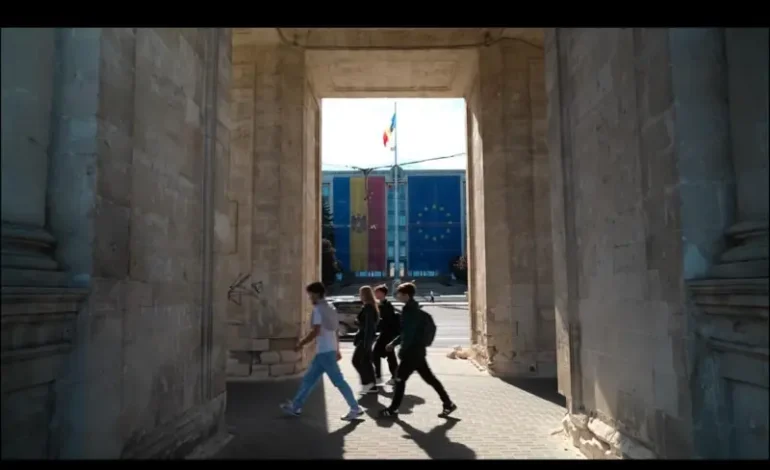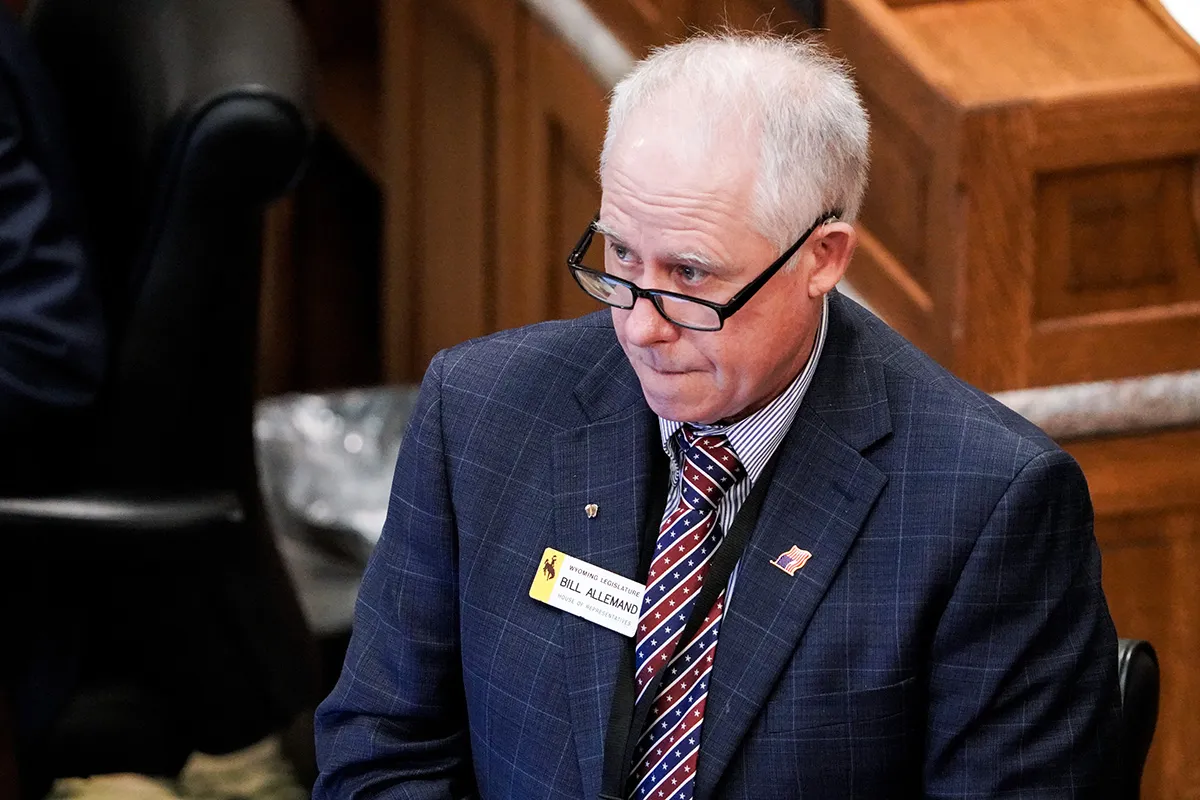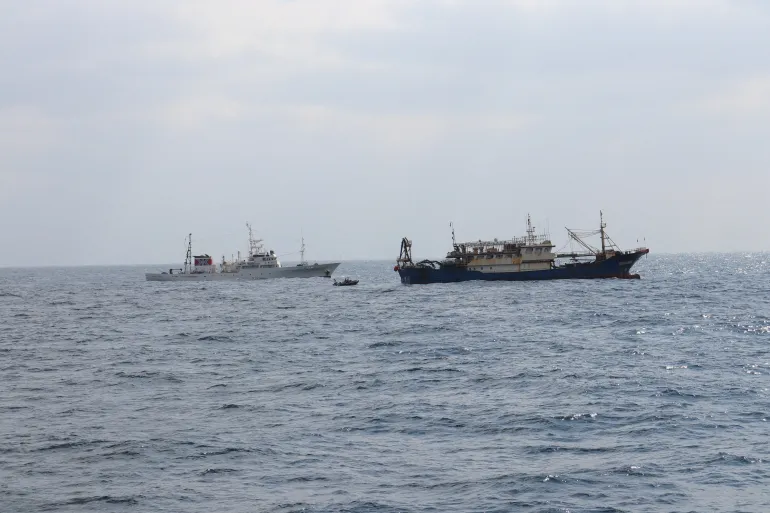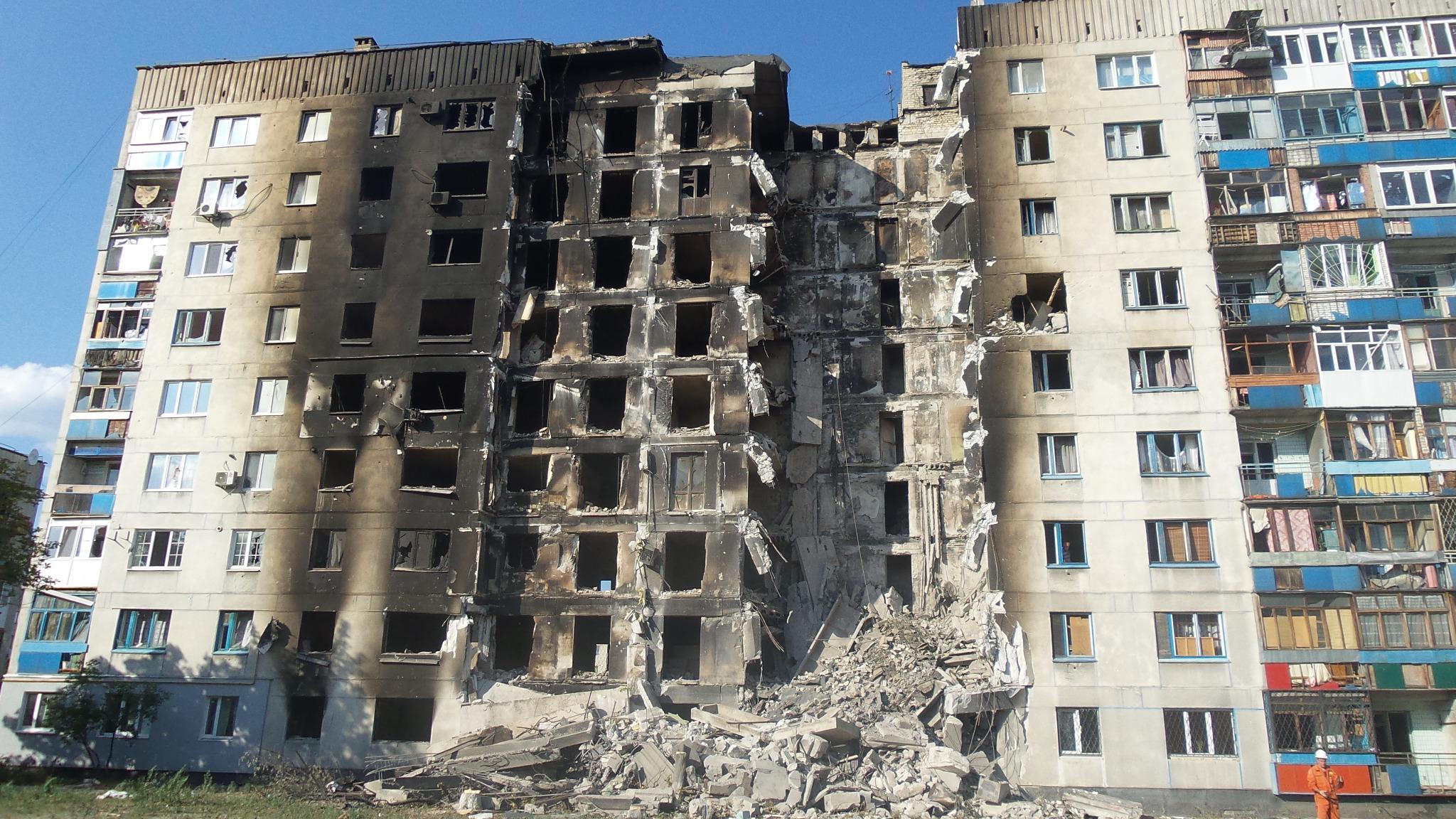ANALYSIS: Moldova Votes, but Democracy Feels Managed

Moldovans went to the polls on Sunday in an election billed as a choice between Europe and Russia, but to many voters and observers, it felt more like a referendum on how far the ruling party would go to tilt the playing field.
For months, President Maia Sandu’s Party of Action and Solidarity (PAS) framed the campaign as a battle for Moldova’s European future, warning that a pro-Russian victory would drag the country back into Moscow’s orbit. Opposition parties, however, pitched their platforms not as “pro-Russia” but as pro-neutrality,’ pledging to keep Moldova out of wars, reject NATO exercises on its territory, and restore cheap energy and pensions lost in the EU pivot.
The vote unfolded under an unprecedented security clampdown. In the final days of the campaign, authorities arrested dozens of people they accused of preparing riots with Russian money. Independent journalists complained of scant evidence.
The government also barred Russian citizens from serving as observers under the OSCE umbrella and banned exit polls, citing “financing concerns.” In practice, the moves stripped away two of the main tools citizens use to verify whether the count matches reality, exactly when public trust is already low.
Last-minute disqualifications of opposition parties added to the sense of a stage-managed election. Moldova Mare, accused of illegal funding, was removed from the ballot just before the vote, echoing earlier bans on Shor-linked movements.
Critics also point to the uneven treatment of the Moldovan diaspora. Hundreds of polling stations opened in EU countries, 75 in Italy alone, but only two in Russia, where hundreds of thousands of Moldovans live and work. The Central Election Commission’s numbers for “eligible voters abroad” have jumped dramatically in the EU but not elsewhere, feeding suspicions of engineered turnout.
Sandu’s government promised to root out corruption and bring Moldova closer to Europe. Instead, the election has been dominated by fear, arrests and accusations of treason. Rising gas bills, stalled reforms and politicised prosecutions have alienated much of the electorate. The government’s frequent invocation of “Russian interference” sounds more like a shield for its own failings than a call to defend democracy.
Sunday’s result will shape Moldova’s EU bid, but also its credibility. A PAS win under these conditions will be viewed by opponents as manipulated; a PAS loss could unleash a wave of protests and instability. Either way, Moldova risks becoming another cautionary tale: a country that talks democracy while narrowing it at home, and that treats elections less as an expression of public will than as a security operation to be managed.









The latest news in your social feeds
Subscribe to our social media platforms to stay tuned